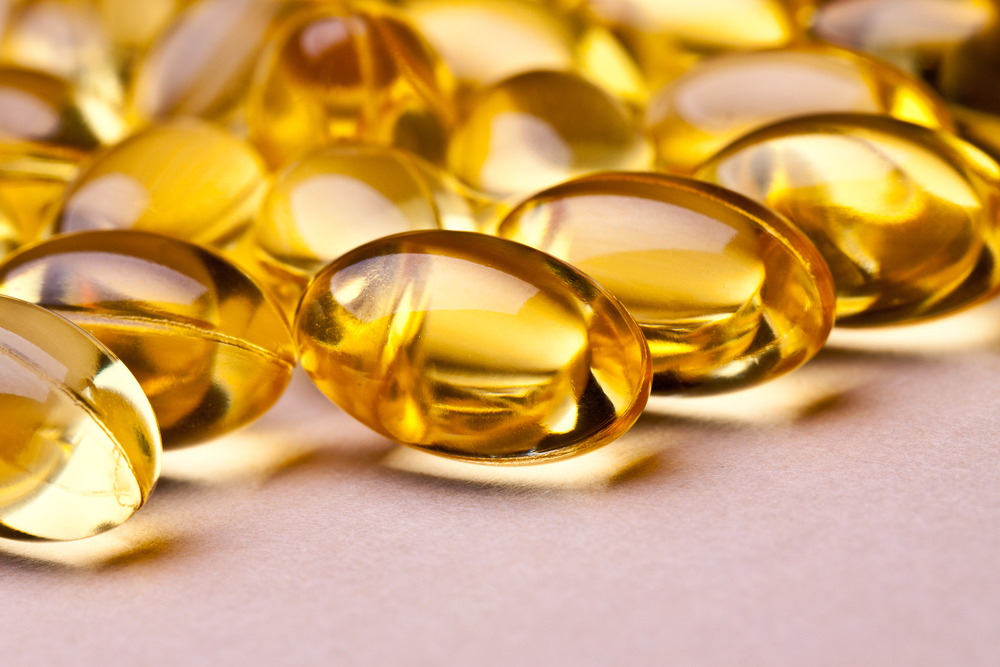Researchers from Seoul presented study results on vitamin D deficiency in patients with rheumatic diseases at the European League Against Rheumatism Annual European Congress of Rheumatology (EULAR) in Rome, June 10-13. The poster entitled: “Vitamin D status and the efficacy of high-dose intramuscular cholecalciferol on musculoskeletal pain and morning fatigue in patients with chronic rheumatic diseases” was presented during the session “Fibromyalgia and pain in rheumatic diseases”.
Low levels of vitamin D have been reported in patients with inflammatory rheumatic conditions such as rheumatoid arthritis (RA), osteoarthritis (OA) and fibromyalgia syndrome (FMS). Vitamin D is acquired either from dietary sources of from exposure to ultraviolet B (UVB) radiation, which converts the precursors in the skin into cholecalciferol. In the liver, Vitamin D and cholecalciferol are converted to 25-hydroxyvitamin D (25-OHD), allowing to measure the status of Vitamin D in the organism.
In this study researchers determined the association between serum 25-OHD and musculoskeletal pain or morning fatigue in RA, OA and FMS patients. They found that 77.5% of patients with FM had significantly lower levels of vitamin D compared to patients with OA (23.5%) but not to patients with RA (64.4%). They then investigated the efficacy of intramuscular injections of cholecalciferol (every four weeks for three times) to improve the pain and fatigue in those patients with 25-OHD deficiency. They used the Visual analog scale (VAS) to measure musculoskeletal pain and morning fatigue. The patients had to mark on a horizontal line the point that corresponded to their perception of pain and fatigue. Researchers found that VAS for pain and fatigue were significantly decreased in each disease group (RA, OA and FMS) at 12th and 24th weeks after cholecalciferol supplementation and when compared to the score at the beginning of the study (known as “baseline”). The reduction of VAS in FMS patients was lower than those in RA or OA patients. Supplementation with cholecalciferol increased mean serum 25-OHD levels at 12th week (42.5 ± 14.3 ng/mL) compared with baseline (11.3 ± 6.8 ng/mL).
The authors concluded that FMS patients’ lower Vitamin D and serum 25-OHD levels may be associated with musculoskeletal pain and morning fatigue. Intramuscular cholecalciferol supplementation every four weeks significantly increased 25-OHD levels and could reduce pain and fatigue in chronic rheumatic disease patients with vitamin D deficiency.

